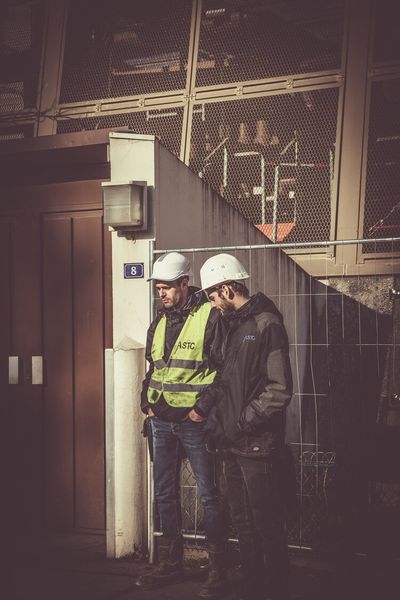What is it like being a Project Manager in the commercial, mechanical (HVAC & plumbing) industry? Well, it's different for each employer. On the one hand, some companies require their project managers to sell, estimate and manage projects with superintendent responsibilities. On the other hand, most larger companies assign their project managers with a recent award project. Their project managers ensure that the project is completed on time and under budget.
If you're keen on being on your feet and traveling to multiple projects, then this is the right career path for you as you often split your day between visits to job sites and the office. Additionally, there is plenty of room for career advancement and growth opportunities within this career path. Below is the clearly defined career progression of project management:
Project Engineer —> Assistant Project Manager —> Project Manager —> Senior Project Manager —> Project Executive
Here are a few of the primary responsibilities of project managers (subject to change as each employer has different requirements):
Oversee the project concerning quality, review estimates, plan, monitor personnel, procure materials, and handle clients/vendors.
Perform audits, investigate issues (if any) and implement solutions when/where needed.
Adhere to project standards, guidelines, and deadlines.
Prepare reports, budgets, and bids and track RFI's and submittals.
Attend project meetings as/when required.
Schedule meetings, prepare timelines, scope reviews, and effectively communicate with clients, vendors, suppliers, and other internal team members.
Ability to handle multiple tasks, interpret specifications, and be equipped/up to date with the latest information regarding construction practices.
Additional competencies that many commercial-mechanical construction companies tend to value:
Bachelors in Mechanical Engineers, Construction Management, or a related field.
Prior field experience in plumbing, pipefitting, or sheet metal - working on commercial projects.
Advanced computer software knowledge. Below are a few of the applications typically utilized in project management:
For scheduling, MS Project is the most popular software application used. Others include Primavera P6, Procore, Prolog, Smartsheets, and MS Excel (for smaller project change orders).
Quickpen (now Trimble Autobid) is the most popular among large mechanical contractors for on-screen takeoff estimating. Others may include Fastduct, Fastpipe, Maxwell Estimation, and Quotesoft.
Bluebeam is another software used to assist with reading/redlining CAD files, scheduling, estimating takeoffs, coordinating, and more. Thus, coining the title of 'The Adobe of construction."
Knowledge of CAD and Revit, software used for Design-Engineering-BIM coordination, is not a requirement but highly desired.
With this career path, you have the opportunity to be a part of the building of significant projects in your city. Imagine building on your favorite sports' new and improved stadium. Not only do you get to make on large projects, but you can also brag about it to all your friends and family! Project management is a lot of work, but it is all worth it in the end.
If you are interested in becoming a commercial, mechanical project manager or advancing your career in this industry, reach out to us. Alternatively, if you're an employer and you're having trouble finding a qualified Project Manager in your city, we can be a resource!
